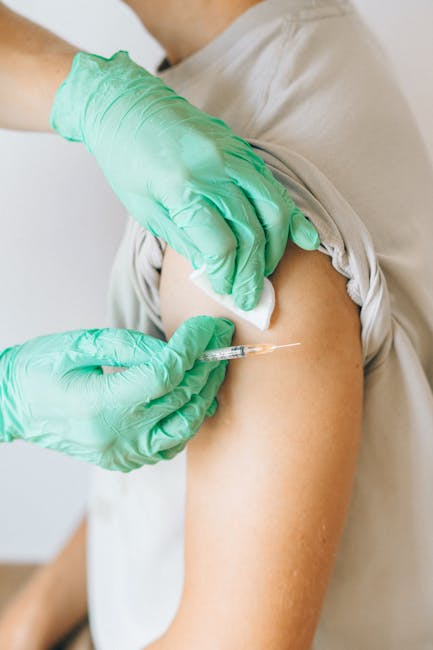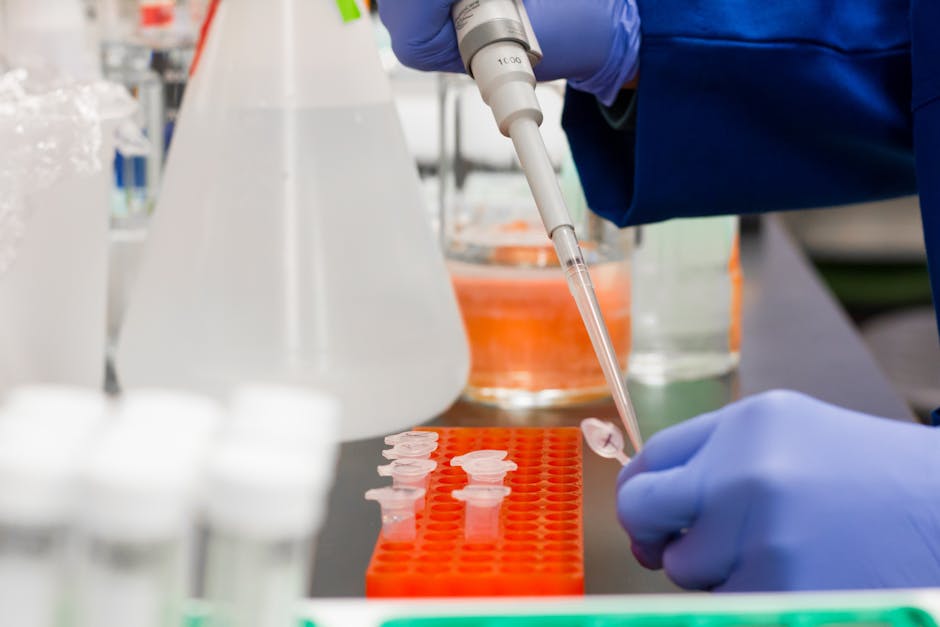Myocarditis and COVID-19 Vaccines: Understanding the Risks, Symptoms, and Recovery
The development and rapid rollout of COVID-19 vaccines were monumental achievements in public health. However, like all medications, vaccines can have side effects. One rare but serious side effect that has garnered significant attention is myocarditis, an inflammation of the heart muscle. This article aims to provide a comprehensive overview of myocarditis in relation to COVID-19 vaccination, separating fact from fiction and offering evidence-based information.
What is Myocarditis?
Myocarditis is an inflammation of the heart muscle that can weaken the heart’s ability to pump blood effectively. It can range in severity from mild and self-limiting to severe and life-threatening. Symptoms can vary widely, making diagnosis challenging.
Myocarditis and COVID-19 Vaccines: The Link
Studies have shown a statistically significant, albeit rare, association between mRNA COVID-19 vaccines (Pfizer-BioNTech and Moderna) and myocarditis, particularly in young men and adolescent boys. It’s crucial to emphasize the word “association” – this does not mean causation has been definitively proven. The exact mechanism by which the vaccines might trigger myocarditis is still under investigation, but it’s believed to be an immune response related to the body’s reaction to the vaccine.
Risk Factors
- Age and Sex: The risk of myocarditis after mRNA COVID-19 vaccination is higher in young men and adolescent boys.
- Prior COVID-19 Infection: Individuals who have previously had COVID-19 may have an increased risk of myocarditis, regardless of vaccination status.
- Genetic Predisposition: Some individuals may have a genetic predisposition to developing myocarditis.
Symptoms of Myocarditis
Symptoms of myocarditis can be subtle or severe and may include:
- Chest pain
- Shortness of breath
- Rapid or irregular heartbeat (palpitations)
- Fatigue
- Dizziness
- Lightheadedness
- Swelling in the legs or ankles
- Fever
Important Note: Not everyone who experiences these symptoms after vaccination has myocarditis. Many of these symptoms are also common side effects of the vaccine itself.
Diagnosis of Myocarditis
Diagnosing myocarditis requires a comprehensive evaluation by a healthcare professional. Tests may include:

- Electrocardiogram (ECG): Measures the electrical activity of the heart.
- Echocardiogram: Uses ultrasound to visualize the heart’s structure and function.
- Cardiac MRI: Provides detailed images of the heart muscle.
- Blood tests: May reveal markers of inflammation.
Treatment of Myocarditis
Treatment for myocarditis varies depending on the severity of the condition. It may involve:
- Supportive care: Rest, monitoring vital signs, and managing symptoms.
- Medications: Such as aspirin, nonsteroidal anti-inflammatory drugs (NSAIDs), or in severe cases, corticosteroids or other immunosuppressants.
- Intensive care: May be necessary for individuals with severe myocarditis.
Recovery from Myocarditis
Recovery from myocarditis can take weeks, months, or even longer, depending on the severity of the inflammation and the individual’s overall health. Regular follow-up appointments with a cardiologist are crucial to monitor heart function and ensure complete recovery.
Myocarditis vs. COVID-19: The Bigger Picture
While myocarditis is a rare complication associated with mRNA COVID-19 vaccines, the risk of developing myocarditis from a COVID-19 infection itself is significantly higher. Moreover, the severity of myocarditis associated with COVID-19 infection tends to be more pronounced than that associated with the vaccines. Therefore, the benefits of COVID-19 vaccination far outweigh the risks of this rare complication, especially when considering the potential severity of COVID-19 and its long-term effects.
Conclusion
The information presented here is intended for educational purposes only and should not be considered medical advice. If you experience chest pain, shortness of breath, or other concerning symptoms after receiving a COVID-19 vaccine, seek immediate medical attention. Consulting with your healthcare provider is essential to discuss your individual risk factors, vaccination decisions, and any concerns about potential side effects.
Disclaimer
This information is for educational purposes only and should not be considered medical advice. Always consult with a qualified healthcare professional for any health concerns or before making any decisions related to your health or treatment.

Further Research
For the latest research and information on myocarditis and COVID-19 vaccines, consult the websites of the Centers for Disease Control and Prevention (CDC) and the World Health Organization (WHO).


